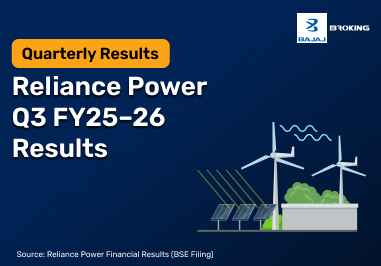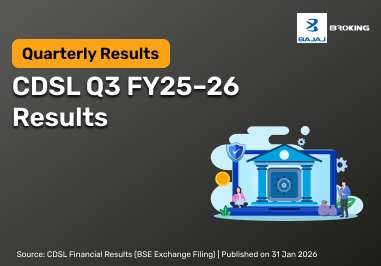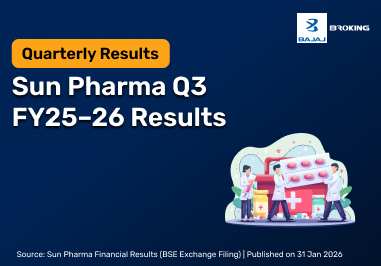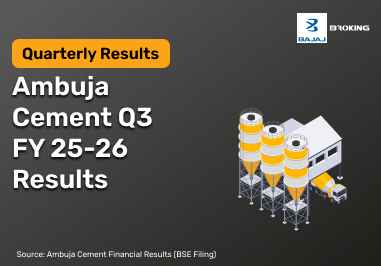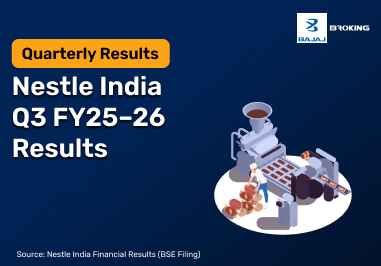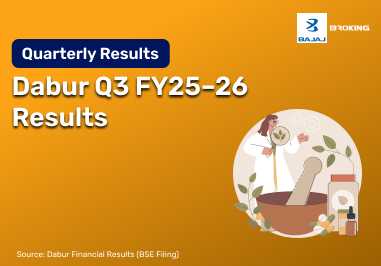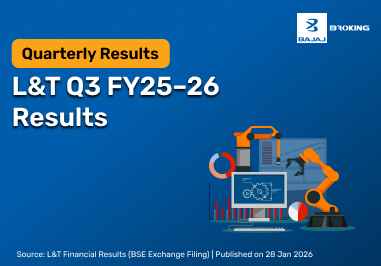Top 5 Small Cap Stocks in India You Should Know
The table below highlights the top-performing small cap companies in India based on market capitalisation. It includes current price, market cap, P/E ratio, and dividend yield to help readers compare valuation and income potential at a glance.
Source: Screener data as of April 14, 2025
Overview of Small Cap Stocks
This table gives a broader operational and financial snapshot of selected small cap companies in India. It focuses on profitability, recent performance, and returns to understand business momentum and capital efficiency.
Company Name
| Net Profit (₹ Cr)
| Quarterly Profit Change (%)
| Sales (₹ Cr)
| Sales Growth (%)
| ROCE (%)
| 6-Month Return (%)
|
Mishra Dhatu Nigam
| 25.27
| 102.32
| 237.96
| -5.56
| 9.44
| -28.85
|
AGI Greenpac
| 90.52
| 34.86
| 658.48
| 5.75
| 17.73
| -24.56
|
TVS Supply Chain
| -23.80
| -348.95
| 2,444.62
| 10.03
| 4.74
| -42.00
|
KRN Heat Exchangers
| 12.69
| 61.04
| 103.95
| 58.36
| 42.09
| 65.20
|
SIS Ltd.
| 102.12
| 176.52
| 3,362.51
| 9.41
| 10.34
| -16.80
|
Source: Screener data as of April 14, 2025
Mishra Dhatu Nigam Ltd
Mishra Dhatu Nigam Ltd operates in the aerospace and defence steel segment, serving critical sectors with special alloys and materials. As of April 14, 2025, the stock trades at a P/E of 49.8 and a market cap of ₹4,991 crore. The company maintains a healthy dividend payout ratio of 34%.
Despite this, it has shown poor sales growth of 8.58% over five years and a low ROE of 11.5% (3-year average). The company is part of several indices including BSE SmallCap and BSE PSU.
Metric
| Value
|
Sector
| Aerospace & Defence – Steel
|
Current Market Price
| ₹266
|
Market Cap
| ₹4,991 Cr
|
P/E Ratio
| 49.8
|
Book Value
| ₹72
|
Dividend Yield
| 0.53%
|
ROCE
| 9.44%
|
ROE
| 7.00%
|
5-Year Sales Growth
| 8.58%
|
3-Year ROE (Average)
| 11.5%
|
Source: Screener data as of April 14, 2025
This table presents key financial and operational metrics for Mishra Dhatu Nigam Ltd, highlighting its valuation, profitability, and growth profile in the aerospace and defence segment.
AGI Greenpac Ltd
AGI Greenpac Ltd operates in the packaging sector, with a presence across glass containers and specialty packaging. The company has shown robust performance, with an 82.9% CAGR in profit over the past five years, and working capital efficiency improving from 96 to 23.9 days.
As of April 14, 2025, it trades at a P/E of 17.1 and commands a market cap of ₹4,972 crore. It is part of BSE SmallCap and Nifty Microcap 250 indices.
Metric
| Value
|
Sector
| Packaging
|
Current Market Price
| ₹769
|
Market Cap
| ₹4,972 Cr
|
P/E Ratio
| 17.1
|
Book Value
| ₹295
|
Dividend Yield
| 0.78%
|
ROCE
| 17.7%
|
ROE
| 14.5%
|
5-Year Profit Growth CAGR
| 82.9%
|
Debtor Days (Improved)
| 60.5 to 48.4
|
Source: Screener data as of April 14, 2025
This table outlines AGI Greenpac Ltd’s core financial indicators, focusing on its valuation ratios, capital efficiency, and profit growth within the packaging sector.
TVS Supply Chain Solutions Ltd
TVS Supply Chain Solutions is a logistics firm providing integrated supply chain solutions. Despite reducing debt, the company faces operational challenges, including a negative ROE of -7.39%, low interest coverage, and sales growth of just 6.29% over five years.
As of April 14, 2025 it has a market cap of ₹4,862 crore and trades at 2.62x its book value.
Metric
| Value
|
Sector
| Logistics
|
Current Market Price
| ₹110
|
Market Cap
| ₹4,862 Cr
|
Book Value
| ₹42.1
|
Dividend Yield
| 0.00%
|
ROCE
| 4.74%
|
ROE
| -7.39%
|
5-Year Sales Growth
| 6.29%
|
Interest Coverage
| Low
|
Source: Screener data as of April 14, 2025
This table summarises TVS Supply Chain Solutions Ltd’s fundamental metrics, reflecting its logistics operations, financial stability, and return ratios.
KRN Heat Exchanger and Refrigeration Ltd
KRN operates in the engineering sector, offering thermal and refrigeration solutions. It boasts strong fundamentals, with a 3-year ROE of 52.6% and current ROCE of 42.1%. However, the stock is trading at a high P/E of 122 and 9.68 times book value.
Working capital days increased from 89.6 to 169, indicating potential liquidity challenges.
Metric
| Value
|
Sector
| Engineering
|
Current Market Price
| ₹779
|
Market Cap
| ₹4,844 Cr
|
P/E Ratio
| 122
|
Book Value
| ₹80.5
|
Dividend Yield
| 0.00%
|
ROCE
| 42.1%
|
ROE
| 41.9%
|
3-Year ROE Avg
| 52.6%
|
Working Capital Days
| 169
|
Source: Screener data as of April 14, 2025
This table captures the financial profile of KRN Heat Exchanger and Refrigeration Ltd, including performance ratios and working capital trends in the engineering domain.
SIS Ltd
SIS Ltd operates in the security and facility management services space. As of April 14, 2025, it has shown moderate growth, with 11.6% sales growth over five years and a ROCE of 10.3%. However, the company has not paid any dividend despite repeated profits and has a low ROE of 13.1% (3-year avg).
Metric
| Value
|
Sector
| Services
|
Current Market Price
| ₹335
|
Market Cap
| ₹4,833 Cr
|
P/E Ratio
| 21.6
|
Book Value
| ₹181
|
Dividend Yield
| 0.00%
|
ROCE
| 10.3%
|
ROE
| 7.90%
|
5-Year Sales Growth
| 11.6%
|
3-Year ROE Avg
| 13.1%
|
Source: Screener data as of April 14, 2025
This table details SIS Ltd’s key figures related to profitability, valuation, and operational scale within the services and facility management industry.
How to Invest in Small Cap Stocks?
To invest in small cap stocks, follow these steps:
Open a Demat and Trading Account: You need a demat account and a trading account to buy and sell small cap stocks.
Research: Conduct thorough research on company fundamentals and industry trends.
Use Tools: Utilize a brokerage calculator to assess potential returns and risks.
Risk Management: Consider using MTF (Margin Trading Facility) cautiously to leverage positions, but be aware of the associated risks.
Conclusion
Investing in small cap stocks can be a rewarding strategy for those willing to take on higher risks in pursuit of higher returns. These stocks offer opportunities for growth, diversification, and potentially substantial wealth creation over the long term. However, they require careful research and a well-managed trading account to navigate volatility. Investors should consider using tools like MTF cautiously and keep an eye on upcoming IPOs for new investment opportunities.




